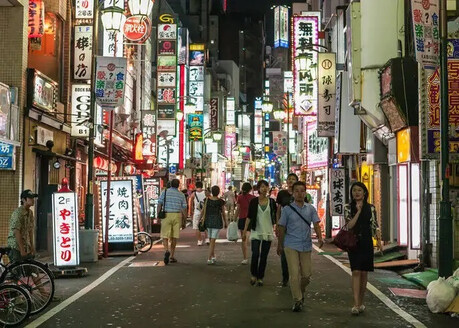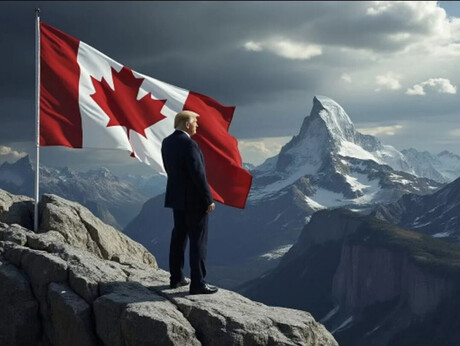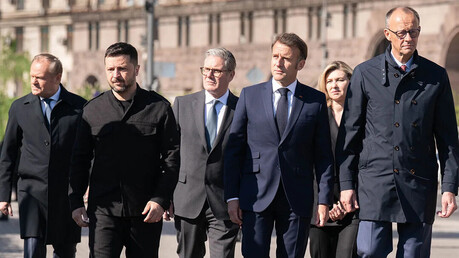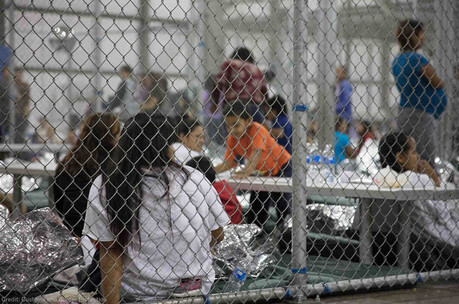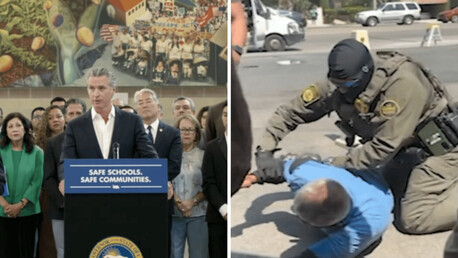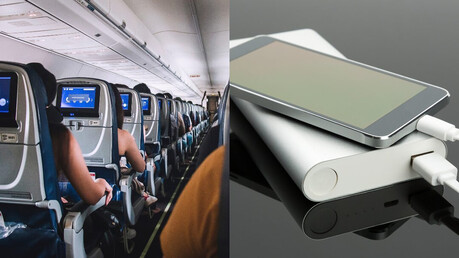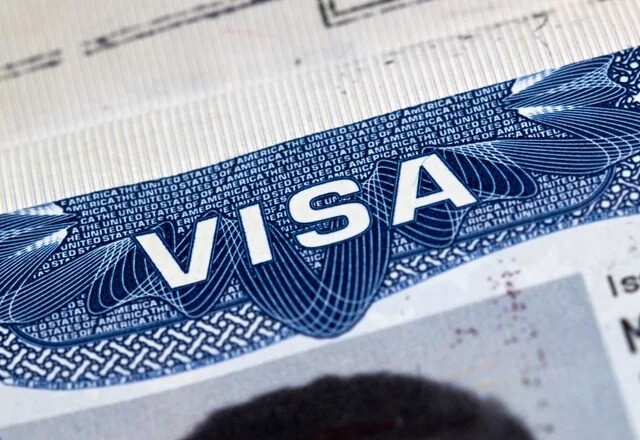
WASHINGTON — In a significant shift to U.S. immigration policy, the Trump administration's Department of Homeland Security (DHS) has proposed new regulations that would impose strict time limits on a range of non-immigrant visas, a move officials say is aimed at curbing "perpetual" stays and bolstering national security. The regulations, unveiled on August 27, 2025, target foreign students, exchange visitors, and journalists, signaling a broader effort to tighten controls on who can enter and remain in the country.
Under the new proposal, the F-1 visa for international students and the J-1 visa for exchange visitors would be capped at a maximum of four years, regardless of the length of their academic or cultural program. This is a dramatic departure from the current system, which allows these visa holders to remain in the United States as long as they continue to meet the conditions of their visa, such as maintaining enrollment in a qualified educational institution or participating in an approved exchange program.
The DHS justification for this change is rooted in concerns over visa fraud and a phenomenon it describes as "perpetual students." Officials argue that some foreign nationals exploit the current system by continuously enrolling in different schools or programs to extend their stay in the U.S. indefinitely.
"For too long, past administrations have allowed foreign students and other visa holders to remain in the United States virtually indefinitely, posing a security risk, placing a huge cost burden on taxpayers, and disadvantaging American citizens," a DHS spokesperson stated.
The proposed rules also take aim at foreign journalists, limiting the duration of their I visas to an initial 240 days. While an extension of another 240 days is possible, the total time would be strictly tied to the completion of their specific reporting assignments. This change would end the current practice where journalists can remain in the country for the entire duration of their foreign assignment.
Critics of the proposal argue that it could have a chilling effect on international academic and cultural exchange. University administrators fear that the four-year cap could deter international students from pursuing doctoral programs or other long-term research, which often take longer than four years to complete. They also worry that the new regulations could complicate the status of students who need an extra semester or two to finish their degrees, potentially forcing them to leave the country before graduation.
Legal experts also express concern over the potential impact on press freedom. They question how the government will define the "completion of an assignment" for journalists and worry that the new rules could be used to restrict reporting by foreign correspondents, particularly those covering sensitive political topics. The administration, however, maintains that the new measures are necessary to ensure the integrity of the visa system and protect national interests.
The public will have a period to comment on the proposed regulations before they are finalized. The move is the latest in a series of immigration policy changes pursued by the Trump administration, and it is likely to face significant opposition from educational institutions, media organizations, and immigration advocacy groups.
[Copyright (c) Global Economic Times. All Rights Reserved.]

















